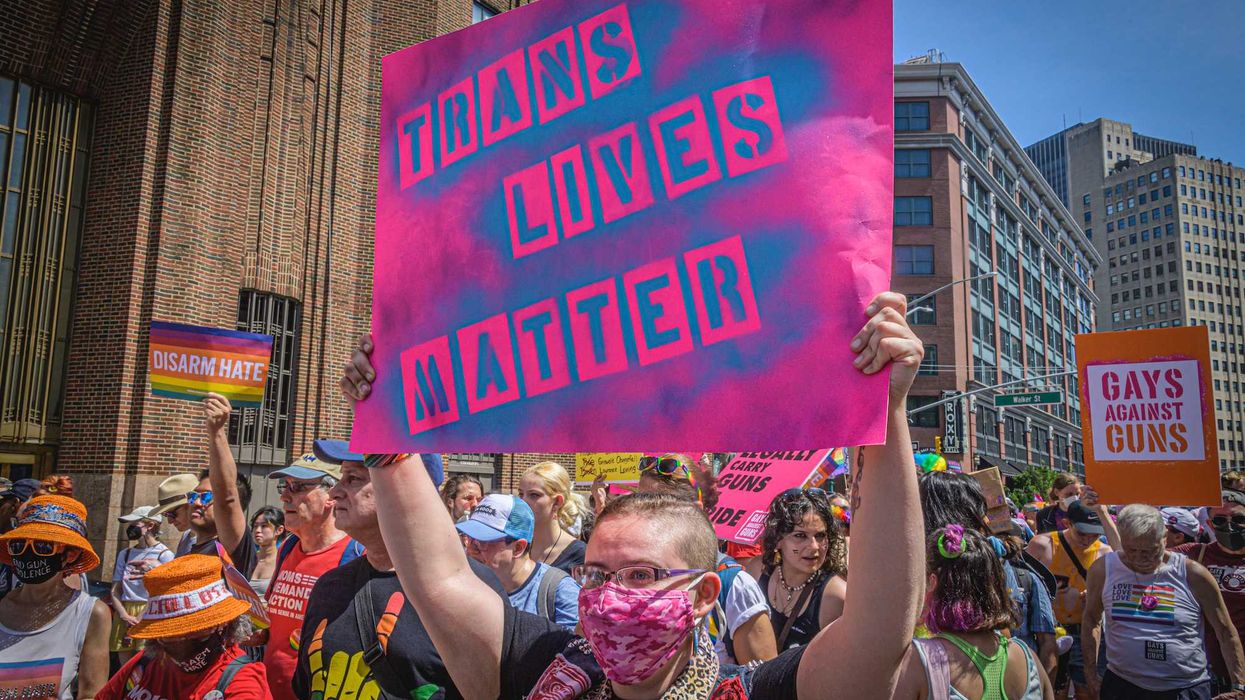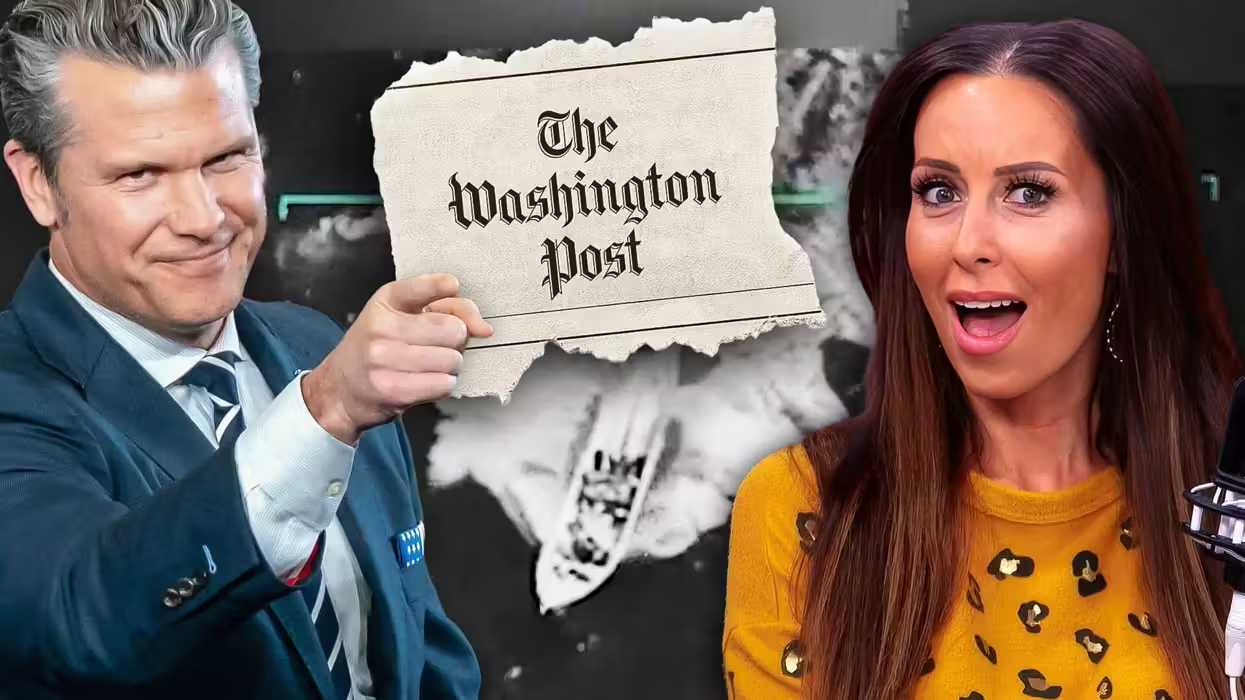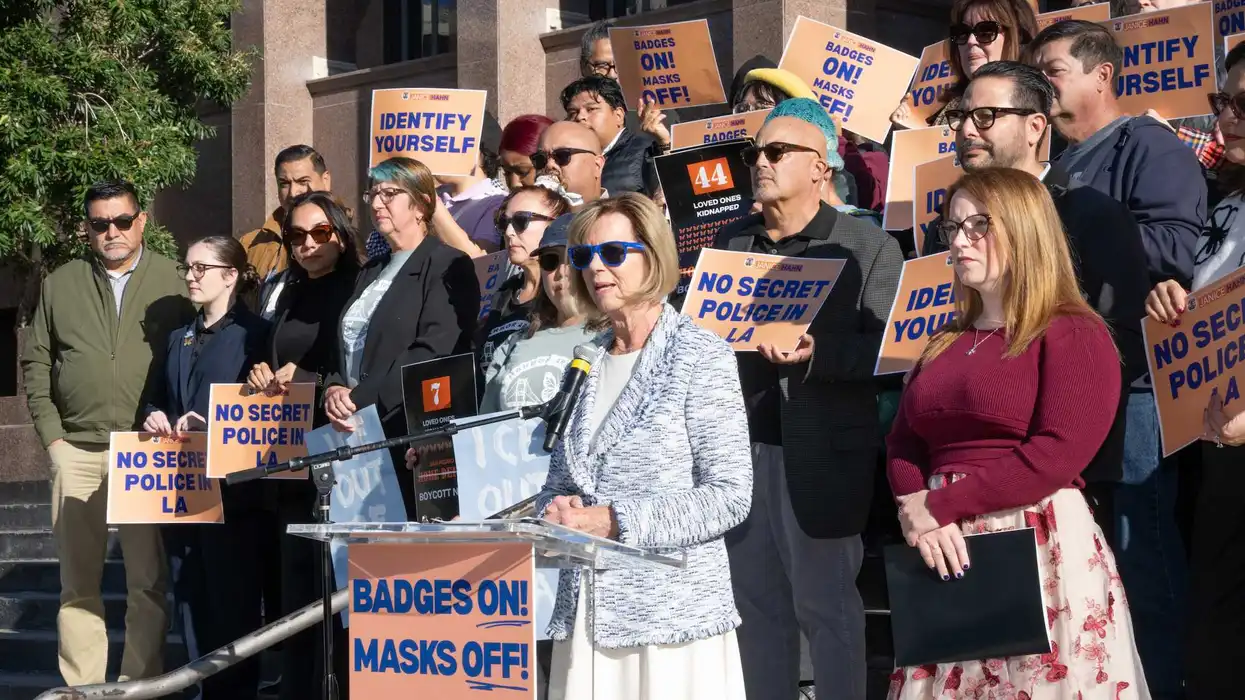
© 2025 Blaze Media LLC. All rights reserved.
Freedom of Speech Win: Court Strikes Down Censorship of Negative Reviews on Website Yelp
January 03, 2013
"...consumers have the right to share their truthful experiences."
 (Image: Wikimedia)
(Image: Wikimedia)
The whole point of websites like Yelp is for users to leave reviews -- positive and negative -- for other potential customers to inform themselves on everything from restaurants to contractors. But in a recent lawsuit, forcible censorship of an unfavorable review was brought into play, but Virginia's Supreme Court ultimately decided the negative review would stand.
According to the Washington Post in early December, the whole issue started when Virginia resident Jane Perez was upset with the work done by a home contractor she had hired. Not only that but she said he had done damage to her home, invoiced her for work he didn't do and even accused him of taking jewelry. This all added up to the following comment on Yelp (the following is only part of the scathing post): “Bottom line do not put yourself through this nightmare of a contractor.”
But the "nightmare" didn't end there. The Post reported that contractor Christopher Dietz fired back with a $750,000 lawsuit for Internet defamation. Dietz also sought a preliminary injunction that would prevent Perez from posting more negative comments.
The Post reported Perez saying that she never thought such a review would result in a legal battle, but she stood by what she wrote. Dietz argued that he lost at least $300,000 in business.
“There is no one to protect businesses when people slam their name," he told the Post.
A Fairfax County Circuit Court judge ruled that Perez had to delete certain accusations and forbade her from remaking them in new posts.
With that Public Citizen and the American Civil Liberties Union teamed up to appeal this preliminary injunction. Here's what they wrote last week in a blog post:
Preliminary injunctions against defamation violate the First Amendment’s rule against prior restraints; even more important, they run afoul of the American tradition of free speech, which assumes that the public can sort out truth from fiction so long as both sides have the opportunity to have their say. Preliminary injunction proceedings do not provide the high level of careful consideration that is needed ensure that defensible criticisms are not lightly found improper — the opportunity for discovery of the opponent’s case, and cross-examination in light of that discovery; the chance for both sides to research the law, to think it through carefully, and to bring it to bear on the facts of the case; the chance for both sides to present their evidence to a jury; the opportunity for the trial court loser to appeal. Moreover, the context of a preliminary injunction encourages rulings based on a rough sense of justice, but issuance of an injunction against speech should never be based on rough justice.Moreover, although preliminary injunctions are supposed to be issued only when the plaintiff has no other way to protect his rights—in the legal jargon, when its injury is irreparable—the plaintiff’s lawyer in this case admitted in comments to the Washington Post that, if Perez’s reviews remained posted, he could get a larger damages award for his client — so, by definition, his injury is not irreparable.
Just two days after this blog post, the Virginia Supreme Court found the preliminary injunction -- and its resulting censorship -- unjustified.
All Things D explained why this was an important decision:
The reversal was important because the previous decision had effectively censored Jane Perez’s Yelp review of contractor Christopher Dietz without a court finding that what she wrote was actually false and libelous.
Yelp, although not involved in the case, said in a statement to All Things D that it values "freedom of speech [as it] provides an important public service protected by law."
"Courts have consistently ruled that consumers have the right to share their truthful experiences," Yelp's statement continued. "As a result, businesses that choose to sue their customers to silence them rather than address their comments, rarely prevail and often bring additional unwanted attention to the original criticism."
(H/T: Tech Dirt)
Want to leave a tip?
We answer to you. Help keep our content free of advertisers and big tech censorship by leaving a tip today.
Want to join the conversation?
Already a subscriber?
more stories
Sign up for the Blaze newsletter
By signing up, you agree to our Privacy Policy and Terms of Use, and agree to receive content that may sometimes include advertisements. You may opt out at any time.
Related Content
© 2025 Blaze Media LLC. All rights reserved.
Get the stories that matter most delivered directly to your inbox.
By signing up, you agree to our Privacy Policy and Terms of Use, and agree to receive content that may sometimes include advertisements. You may opt out at any time.






